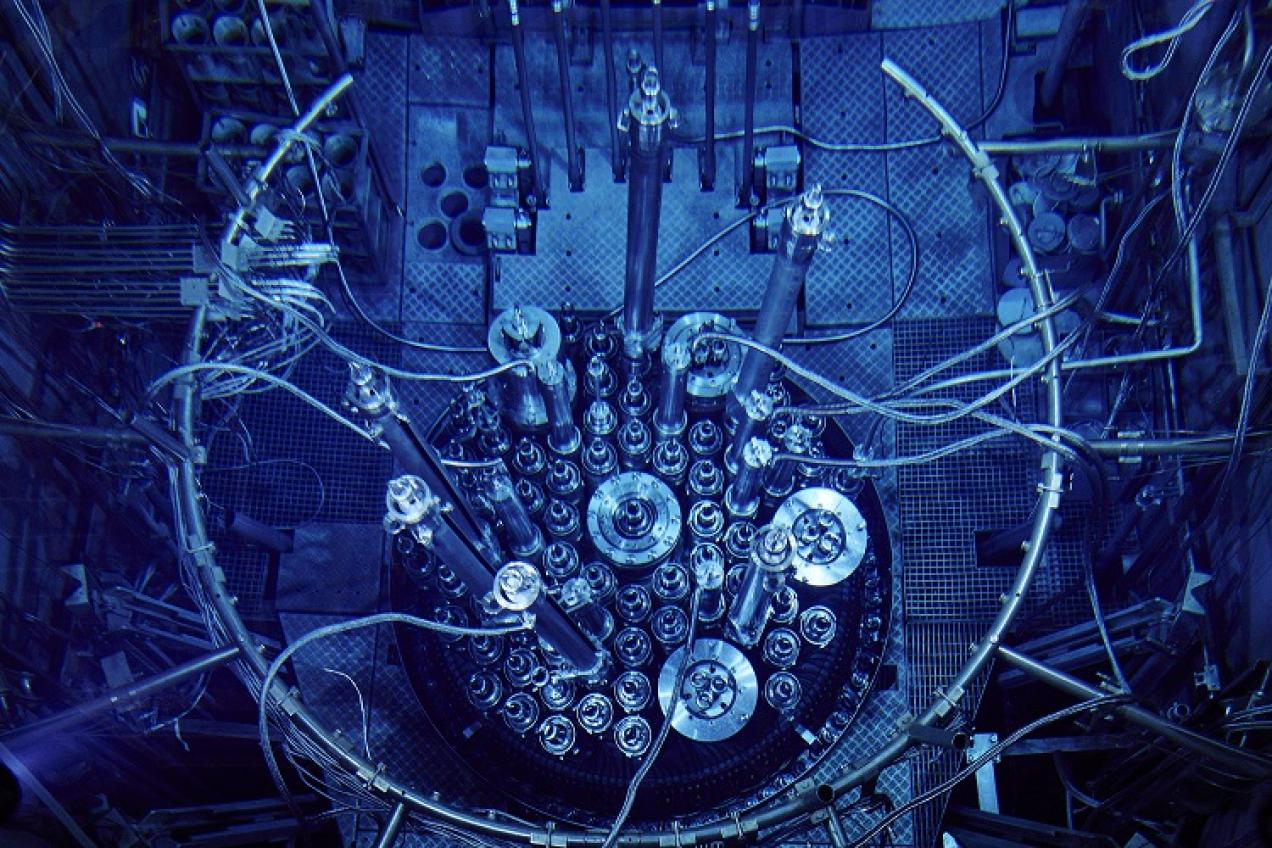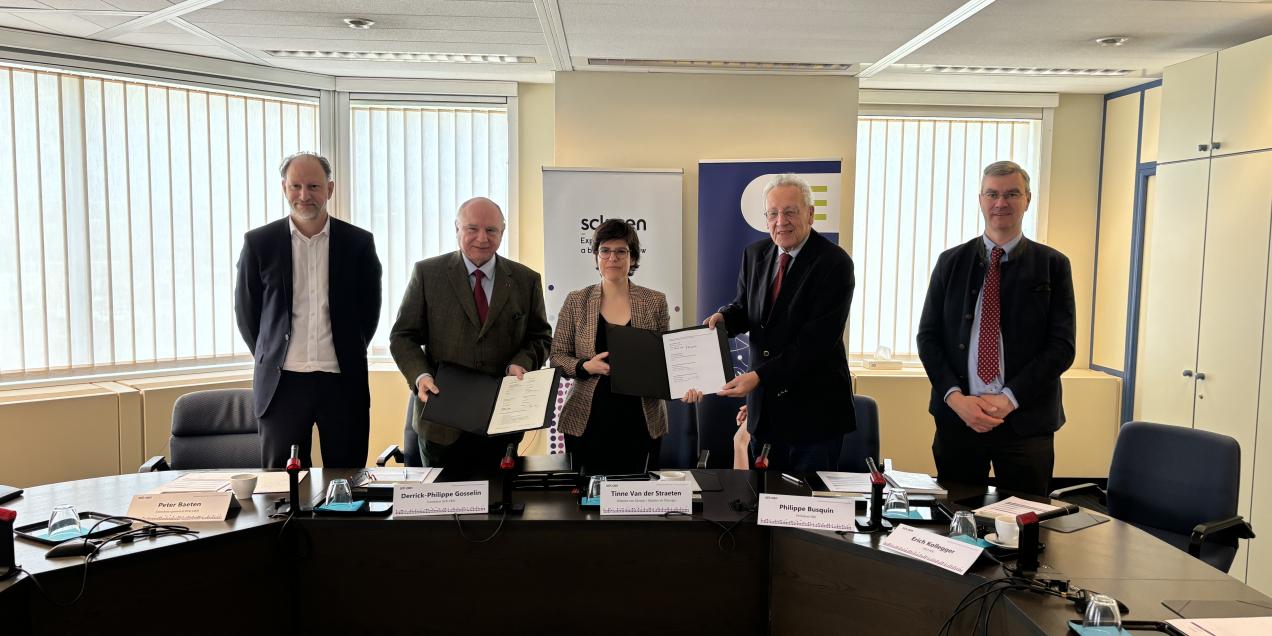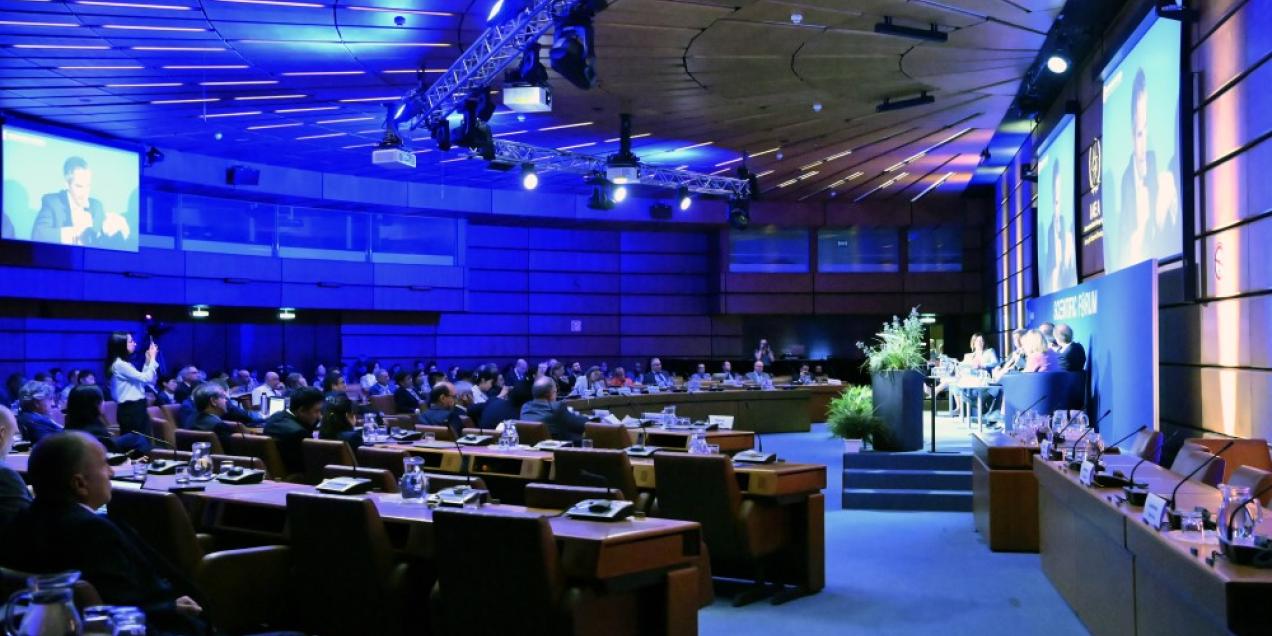Delayed BR2 start-up due to mechanical issue
On 28 October, it became clear that the Belgian Reactor 2 (BR2) could not be started up as planned due to a mechanical failure of a non-return valve. Unfortunately, it is clear that this will impact the global supply of 99Mo and 131I. In the meantime, SAFARI-1, a reactor similar to BR2 operated by Necsa in South Africa, is stepping in to ensure as much supply as possible.
Update 8/11: The inspections have been completed. Meanwhile, discussions with safety authorities regarding a possible start-up on 17 November are ongoing.

Mechanical failure
Before starting any experiment or cycle, BR2 always undergoes a routine check. This check must ensure a safe operation. This time, we encountered a mechanical failure of a non-return valve and the preventive decision was taken not to start the cycle for the time being. This is a precautionary measure. Our teams are taking the necessary actions to enable a restart.
Global back-up provided
Nesca has confirmed that they will extend the cycle of the SAFARI-1 reactor by a week. If needed, other reactors across the world will also step in.
About BR2
Belgian Reactor 2 (BR2) is a materials testing reactor. Since its start in 1962, it has been one of the most powerful research reactor in the world. By testing fuels and materials, BR2 contributes to ensuring the safety of current and future nuclear facilities. The research reactor is also an important player in supplying radio-isotopes all over the world, especially for the medical sector. In nuclear medicine, radioisotopes are used for the diagnosis and treatment of several diseases, including cancer.
The two main radioisotopes in our portfolio are: molybdenum-99, the source of the most important diagnostic radioisotope technetium-99m, and lutetium-177, an actively used radioisotope in the treatment of metastatic prostate cancer and a very promising one for numerous other cancers in the future. The BR2 research reactor covers up to 85% of the global demand for molybdenum-99 and, thanks to 200 operating days per year, covers on average 40% of the production annually.
Other applications of BR2 are the production of radioisotopes for industry and the production of high-quality semiconductors (doped silicon). These semiconductors are the basic materials for the components of high-power electronics, such as those found in systems for solar and wind energy, hybrid cars and high-speed trains.
Questions about BR2 and this situation?
Related articles
 11 June '24
11 June '24 18 April '24
18 April '24 29 September '23
29 September '23